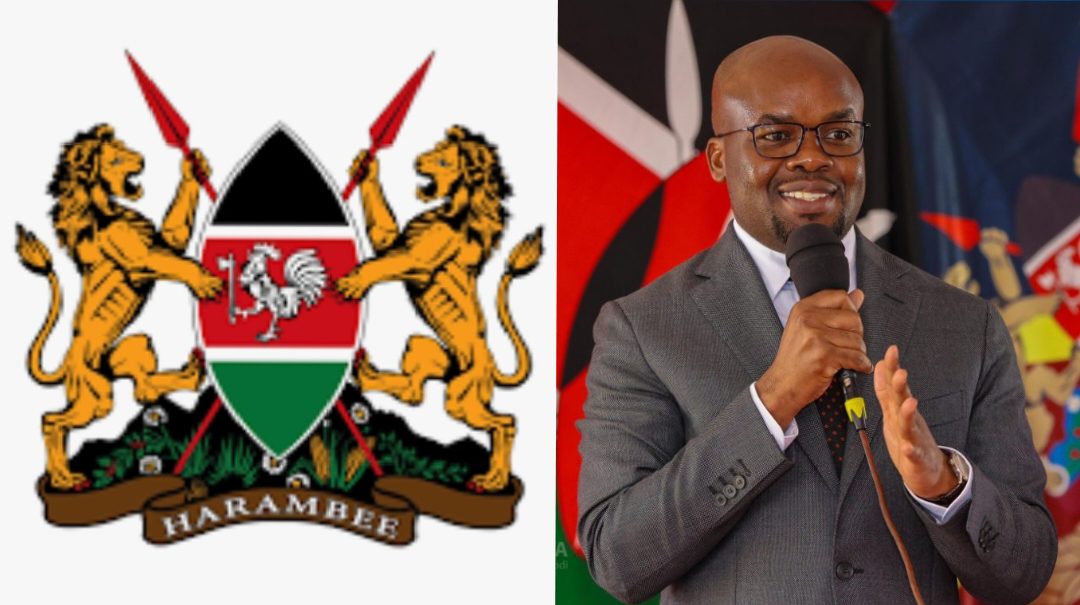In a groundbreaking move to bolster grassroots governance, in a statement made by Dr. Raymond Omollo, the principal secretary state Department for internal security and national security, the Government of Kenya, through the Ministry of Internal Security and National Administration, has unveiled a Draft National Government Village Elders Policy and the accompanying National Government Coordination (Administrative Units) Regulations, 2025.
This transformative initiative seeks to formally integrate village elders—who will now be known as Village Administrative Elders (VAEs)—into the official National Government Administration structure.
It marks a critical shift toward recognizing and professionalizing the pivotal role elders play in local administration and community cohesion.
Why This Matters?
For years, village elders have quietly been the backbone of rural governance—resolving disputes, maintaining order, and facilitating access to government services.
However, their efforts have largely gone unrecognized in formal frameworks. The new policy aims to change that by giving elders the support, recognition, and legitimacy they deserve.
ALSO READ:
. Every second we sink deeper- Kenya’s alarming dept spiral confirmed by Ndindi Nyoro.
. We know he is a thief – and we love him: The Kenyan dilemma
Key Highlights of the Policy:
1. Formal Onboarding and Facilitation
The policy opens the door for public participation on how VAEs should be formally supported. Proposals under review include monthly stipends, official uniforms, and provision of tools to help them carry out their duties effectively.
2. Elevated Title, Elevated Role
The title “Village Elder” would be replaced with “Village Administrative Elder” to reflect their new formal standing within the administrative hierarchy of the state.
3. Nationwide Mapping and Boundary Clarification
Recognizing the confusion that often arises from undefined village boundaries, the policy proposes a comprehensive nationwide mapping exercise. This aims to enhance governance, reduce administrative overlaps, and ensure clarity in service delivery.
4. Clear Eligibility Criteria
To qualify as a VAE, individuals must meet strict standards, including:
-Public endorsement by the local community
-Kenyan citizenship and sound mental health
-Deep-rooted knowledge of the local community and customs
-Proven integrity as per Chapter Six of the Constitution
-Demonstrated leadership and respect within the community
-Continuous residence in the village for at least five years
Community Voices Matter
At its core, the policy champions inclusivity and local ownership. By inviting public input, the Government ensures that this change is driven by those it will impact the most—the communities themselves.
This participatory approach not only strengthens the legitimacy of the VAEs but also enhances the overall resilience and responsiveness of local governance systems.
As Kenya continues to pursue equitable and people-centered development, the formal recognition and support of village elders marks a significant step toward building stronger, more accountable institutions from the bottom up.

















